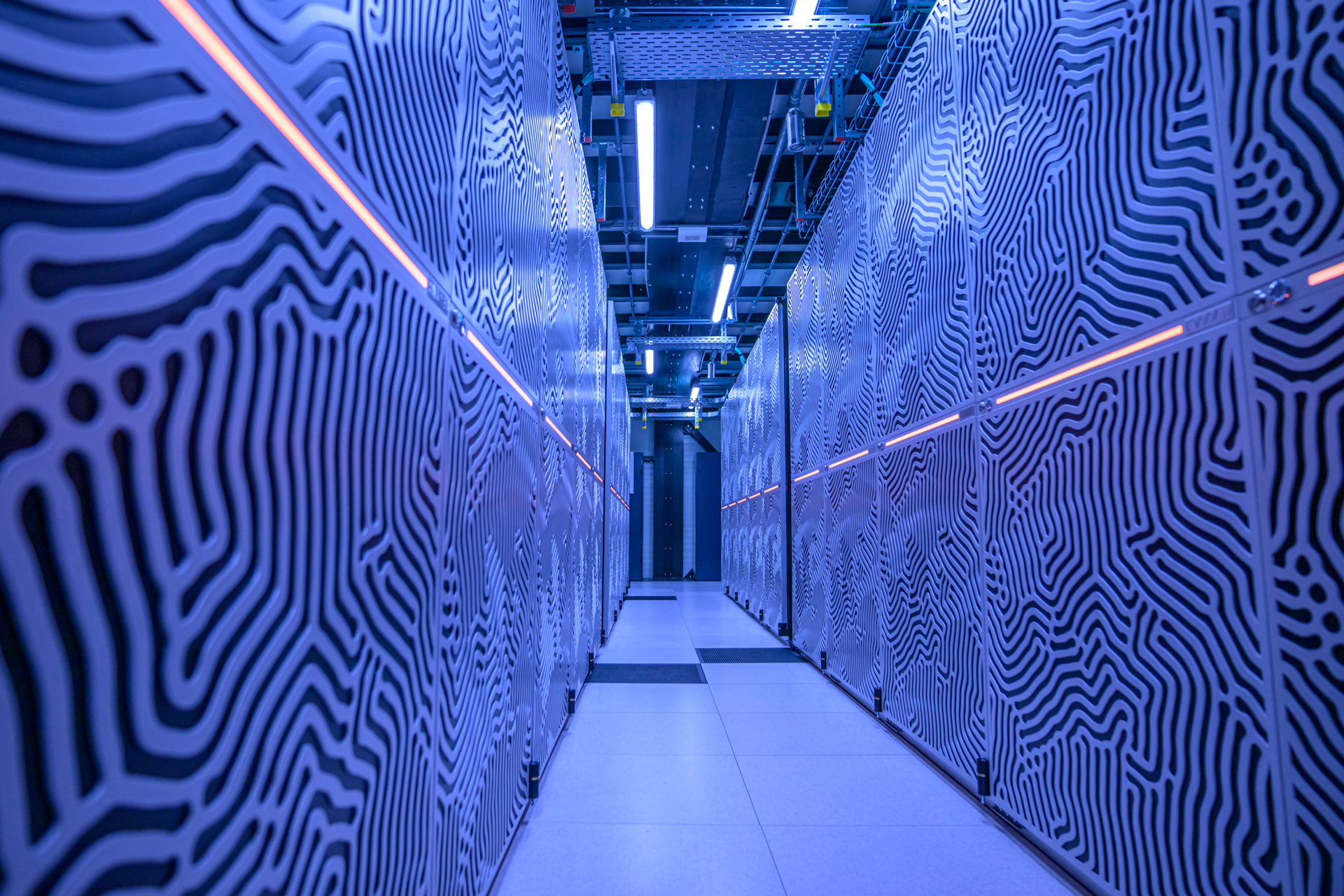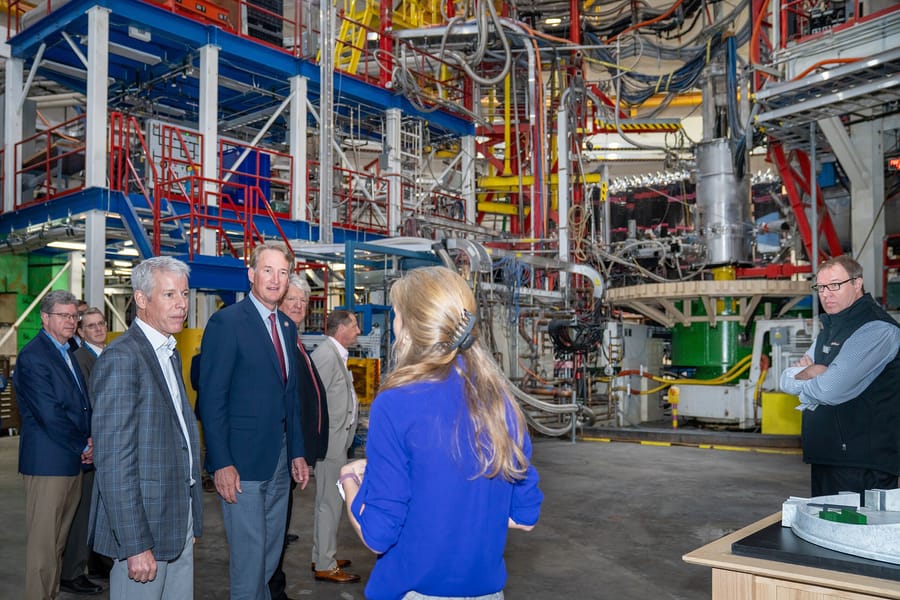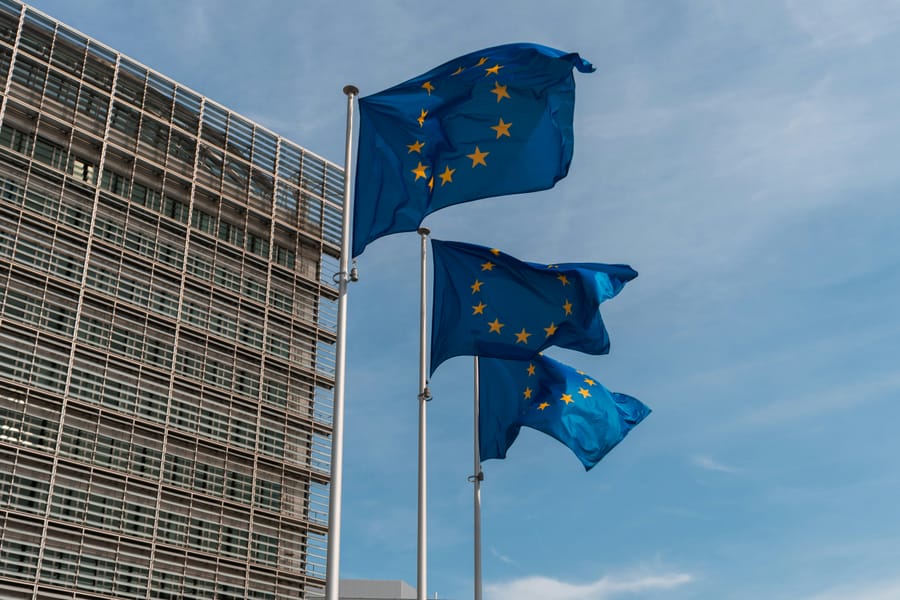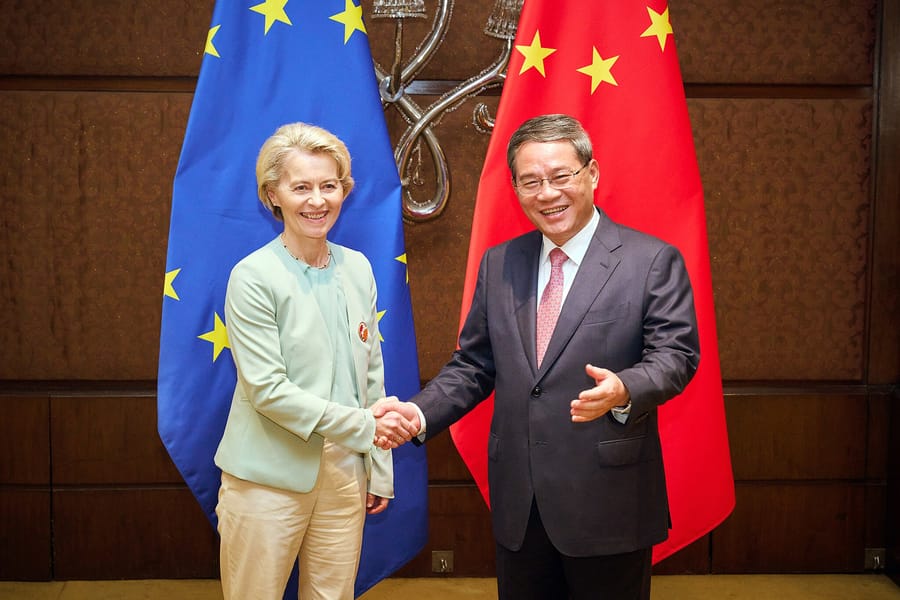The European Commission announced on 13 October 2025 the launch of the AI Factory Antenna network in seven Member States—Belgium, Cyprus, Hungary, Ireland, Latvia, Malta, and Slovakia—and in partner countries including Iceland, Moldova, Switzerland, the United Kingdom, North Macedonia, and Serbia. The Antenna sites will collaborate closely with AI Factories to provide national AI communities with secure remote access to world-class, AI-optimised supercomputing resources, fully integrated into the EuroHPC ecosystem.
The HunAIFA consortium was established under the strategic leadership of the HUN-REN Hungarian Research Network and coordinated by the HUN-REN Institute for Computer Science and Control, with participation from the HUN-REN Wigner Research Centre for Physics, Eötvös Loránd University, the Hungarian Chamber of Commerce and Industry, and the Neumann Technology Platform. The project will be implemented with technical support from the Jülich Supercomputing Centre in Germany, where Europe's first exascale supercomputer—capable of performing a quintillion operations per second—was inaugurated in September 2025, representing approximately 200 times Hungary's current maximum capacity. HunAIFA is a three-year project with a budget of approximately €10 million, with priority sectors including healthcare, energy, agriculture, manufacturing technology, and autonomous systems.
On Friday, the Commission also announced a major expansion of Europe's AI infrastructure, adding six new AI Factories to the existing network, bringing the total to 19 AI Factories across 16 Member States. This rollout drives forward the AI Continent Action Plan and complements the EU's investment in future AI Gigafactories—large-scale facilities dedicated to developing and training advanced AI models and frontier systems—while aligning with the Apply AI Strategy to accelerate the uptake of artificial intelligence across Europe's economy and public sector.
Sources:
1.

2.
3.










